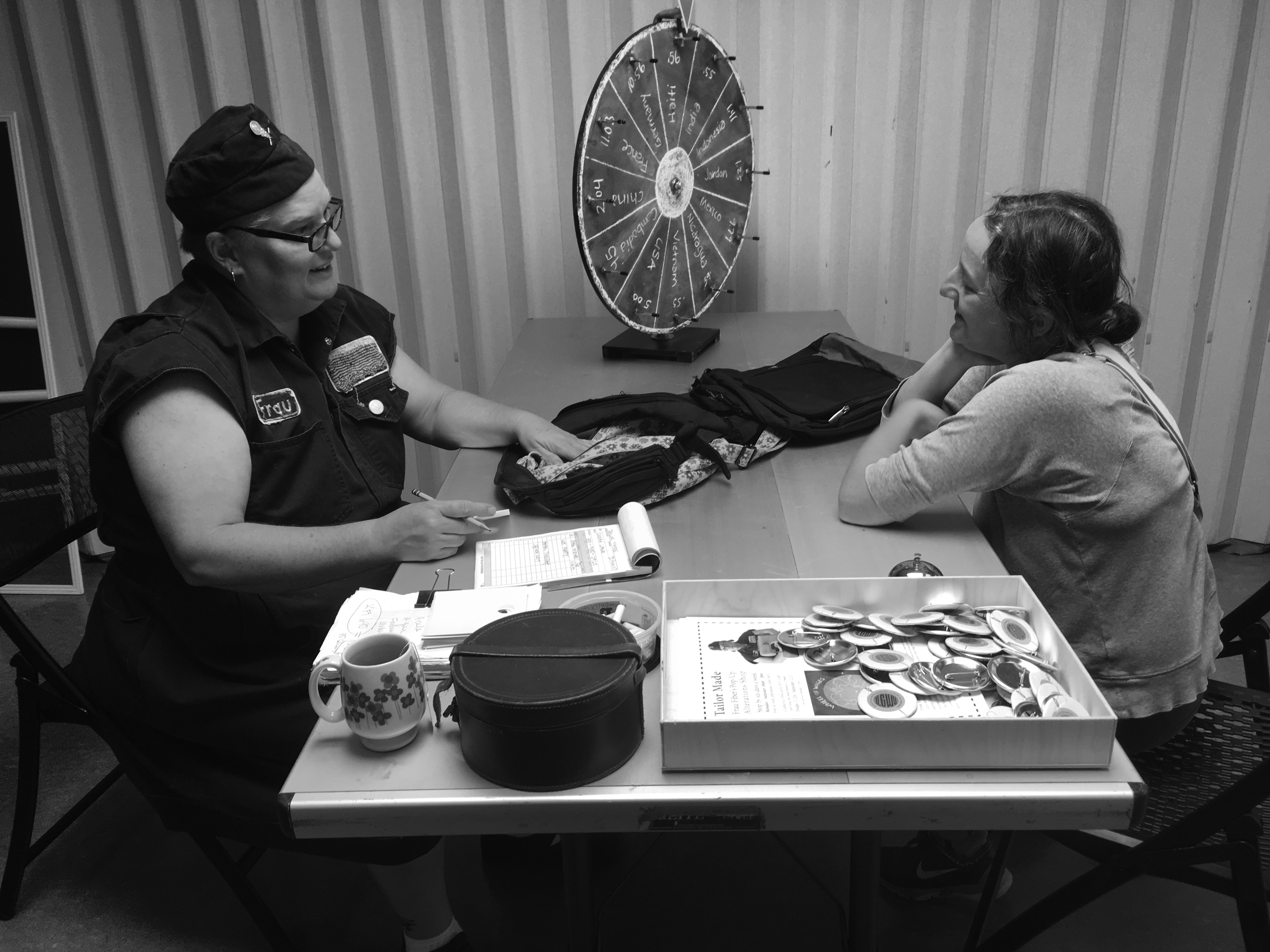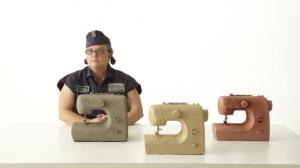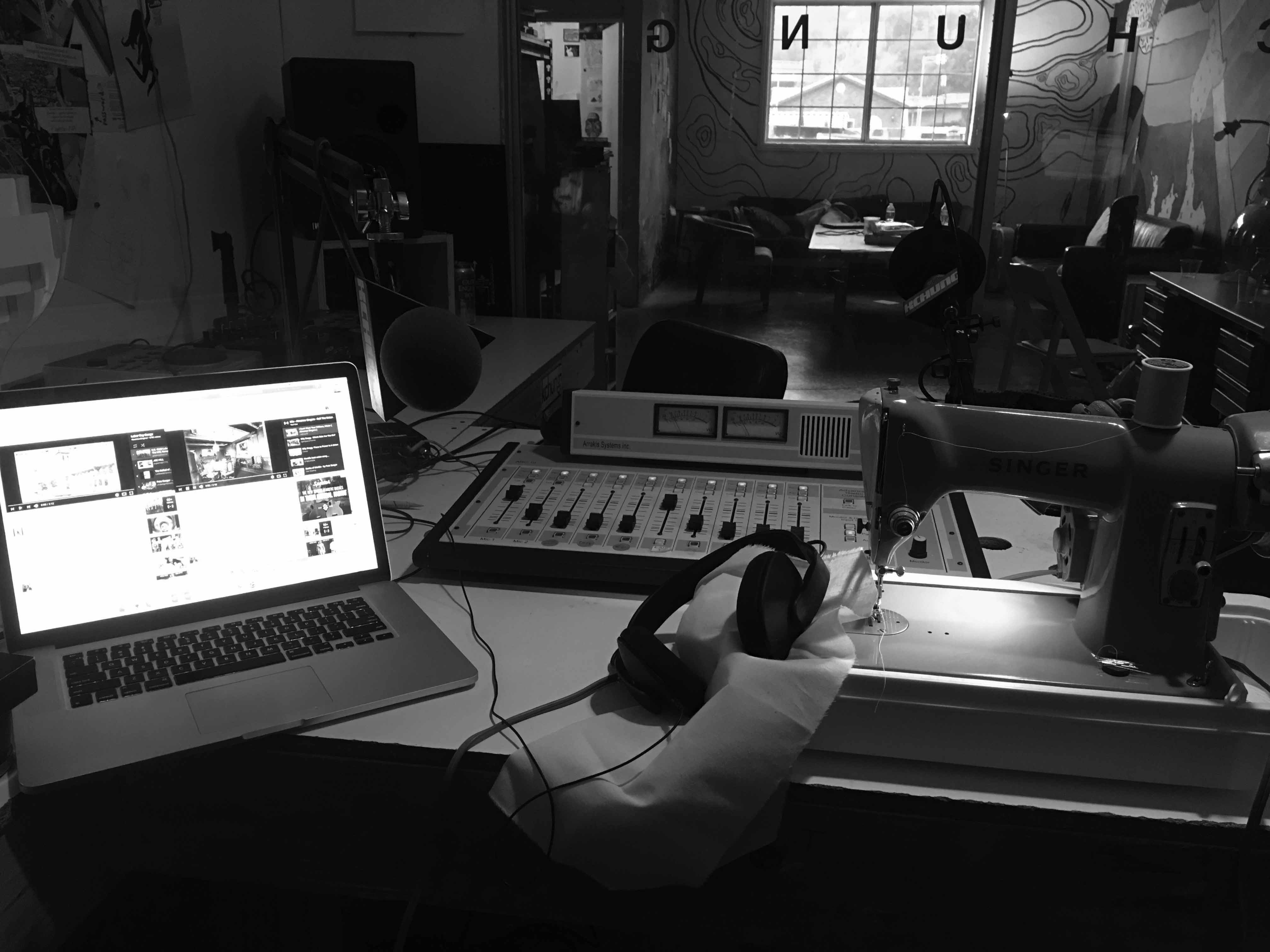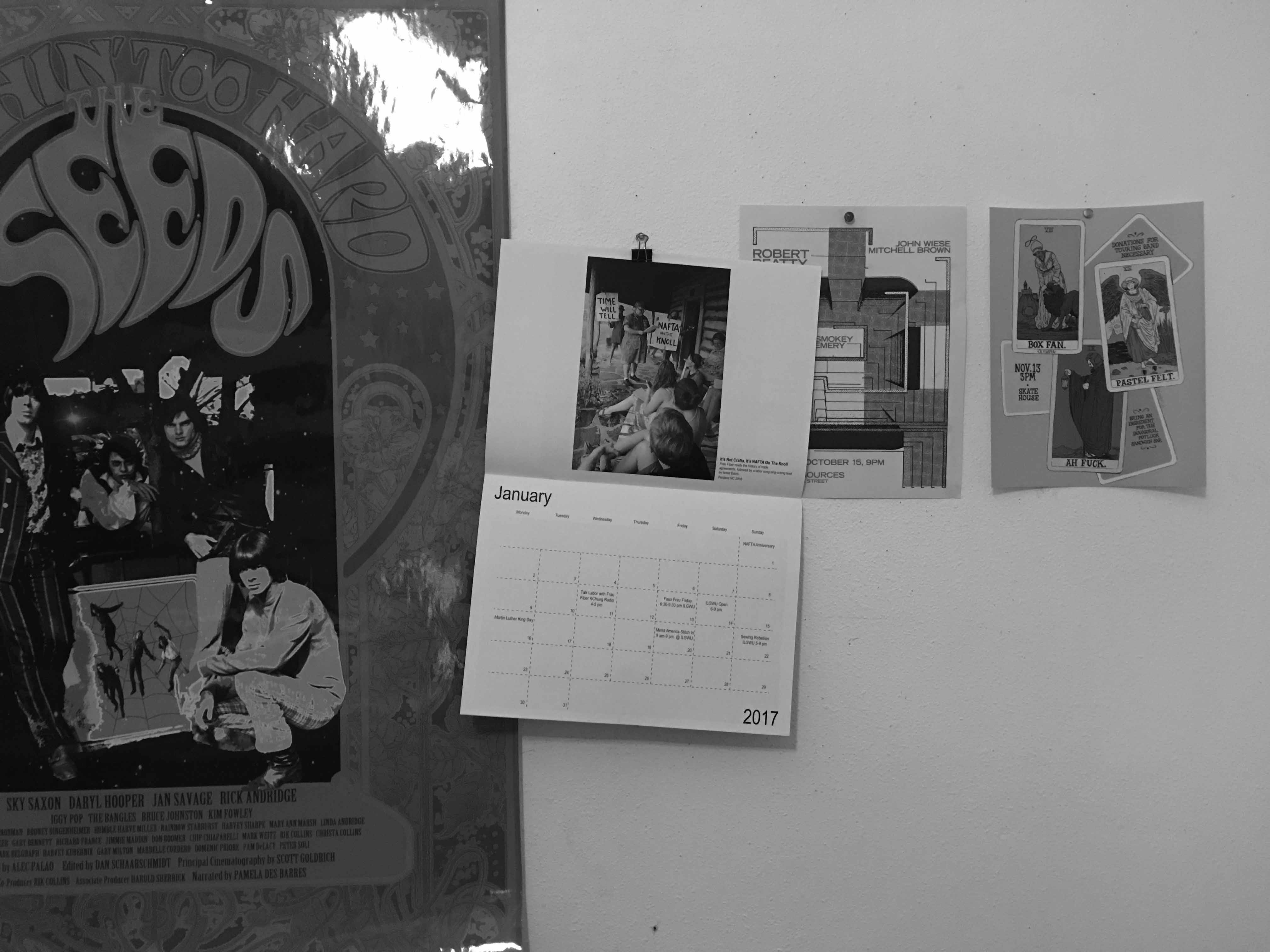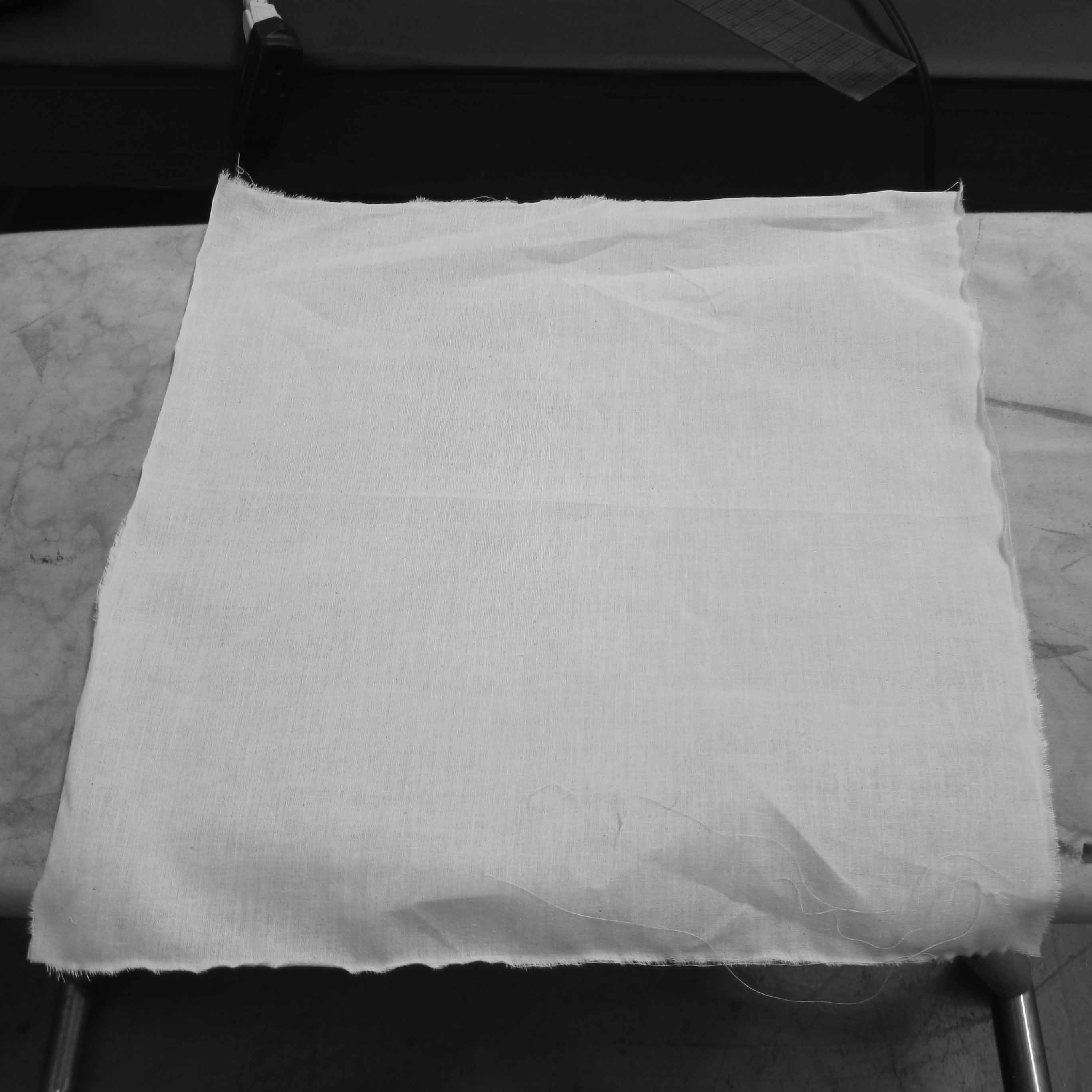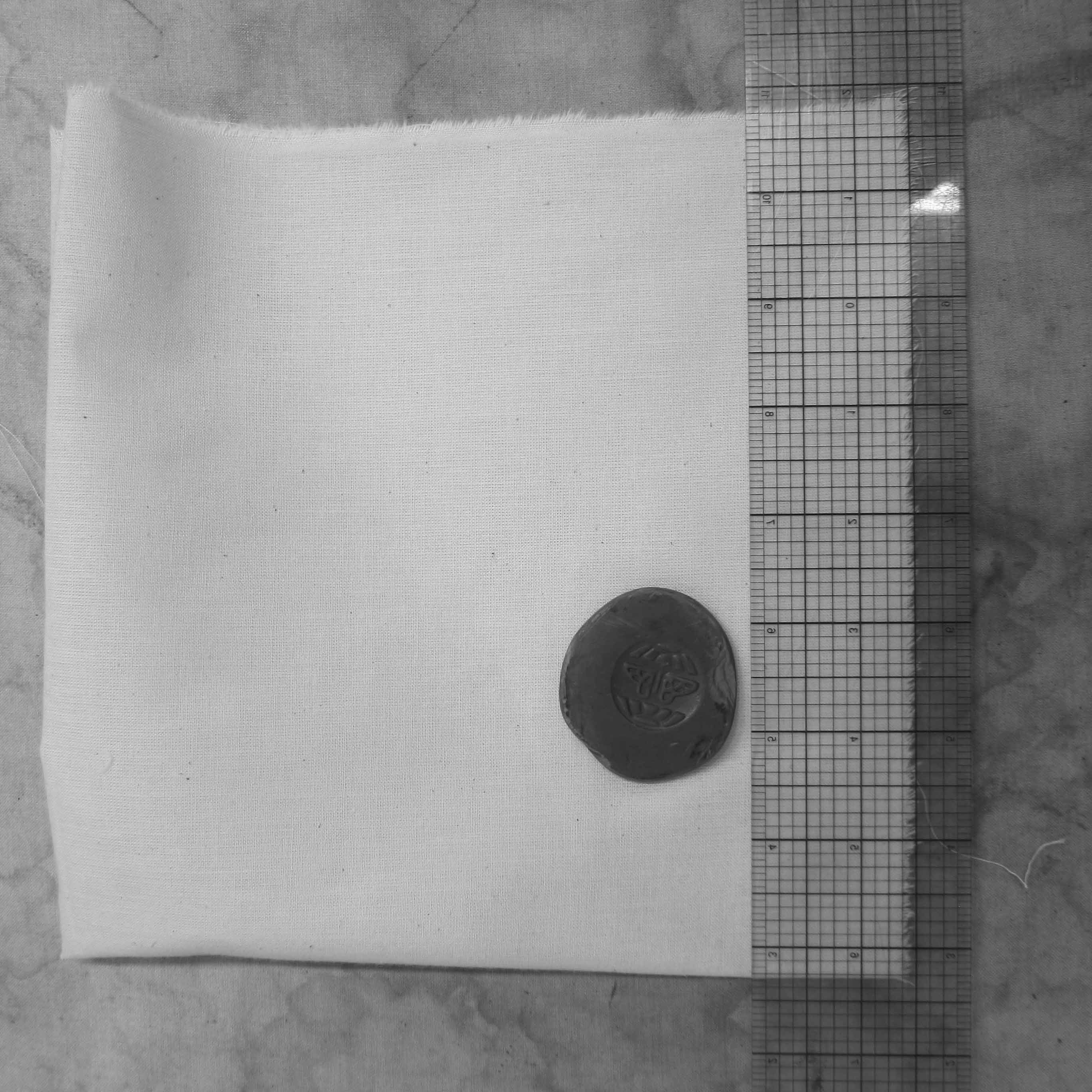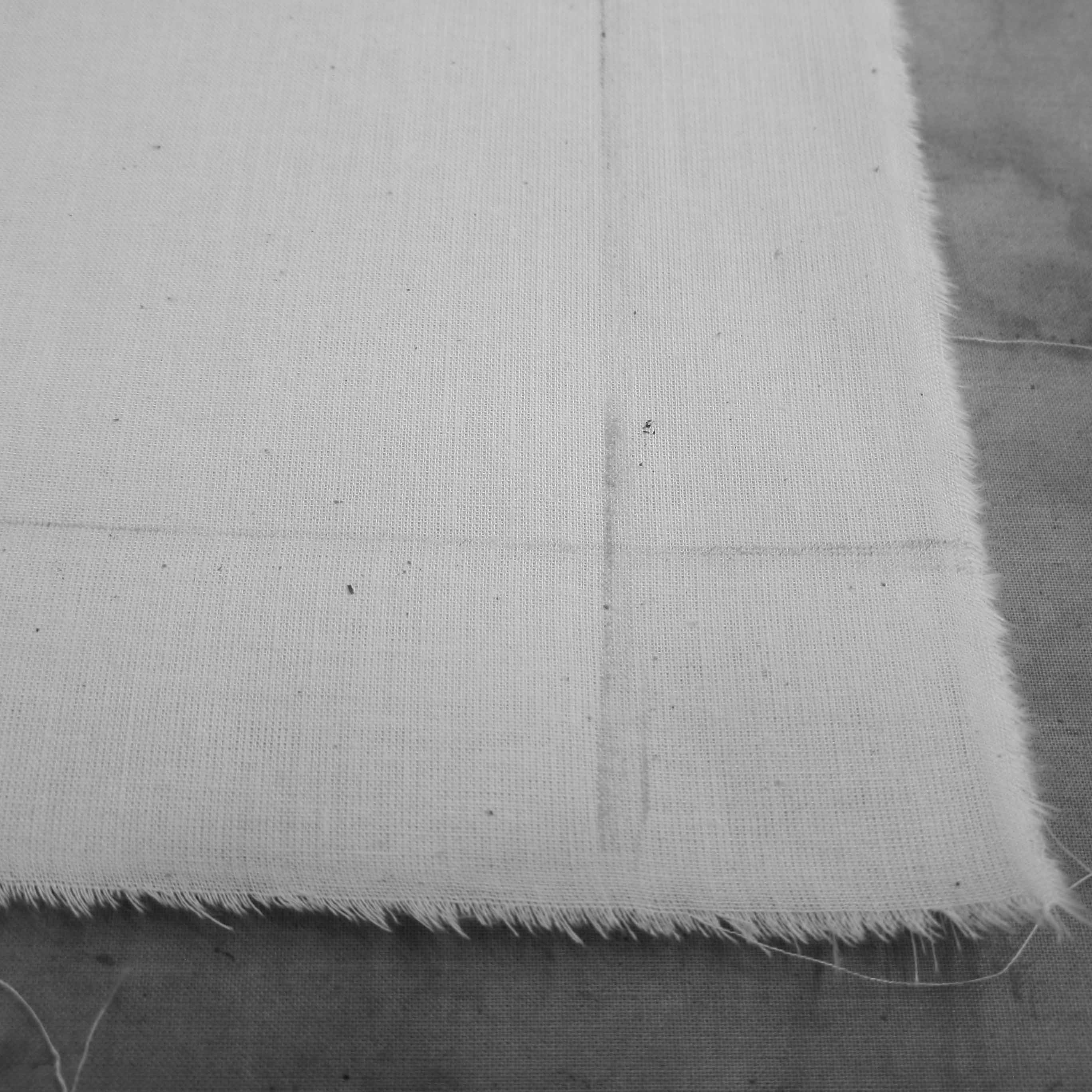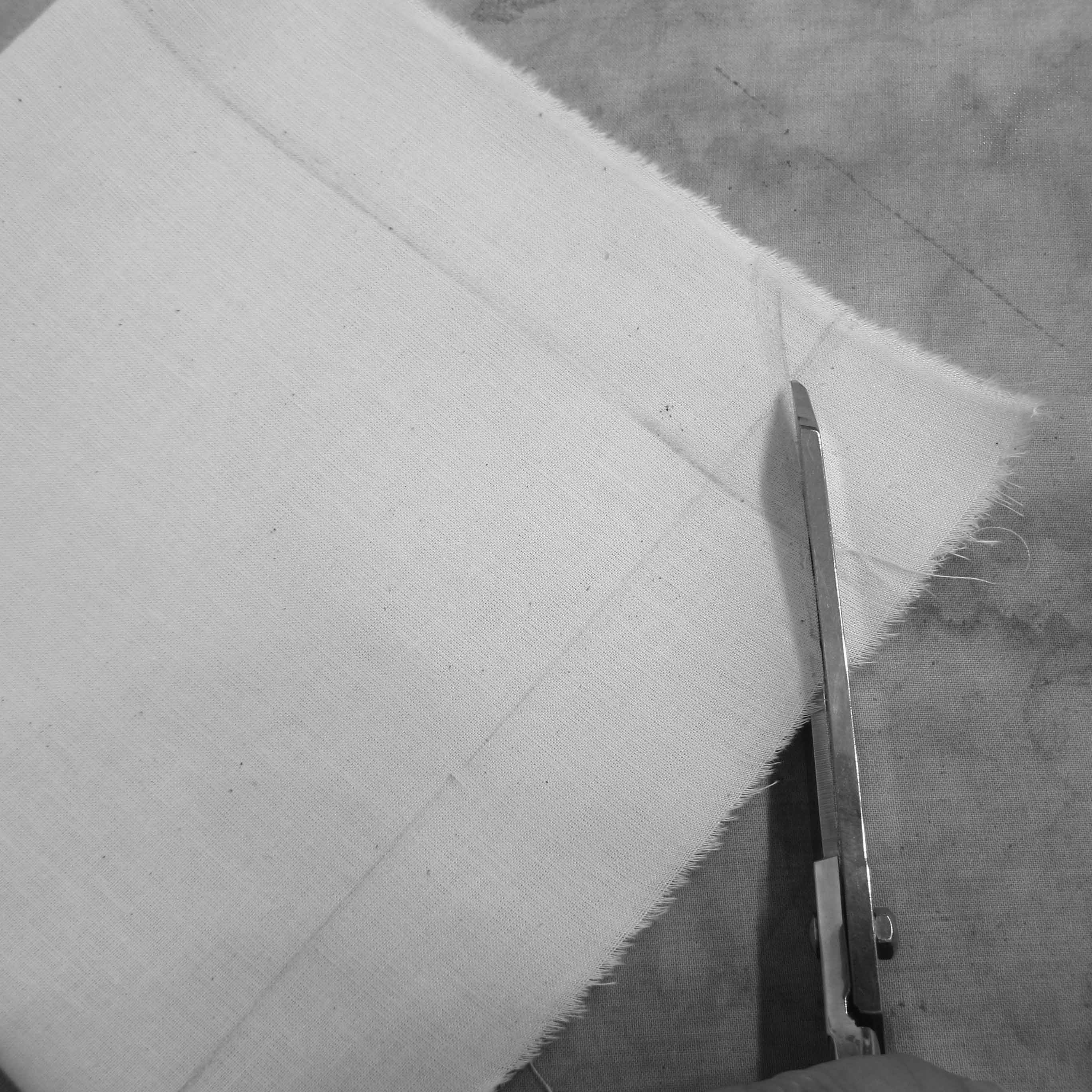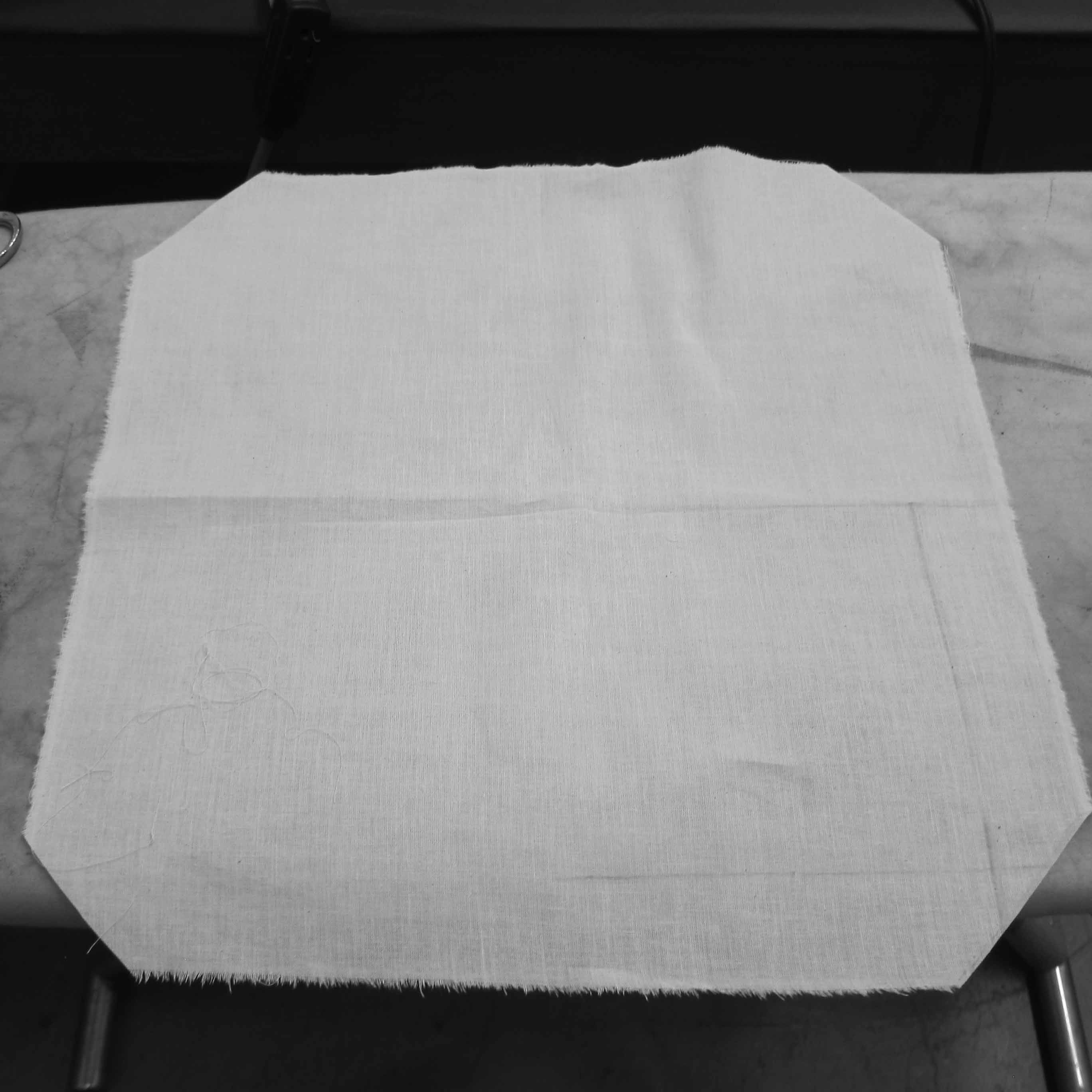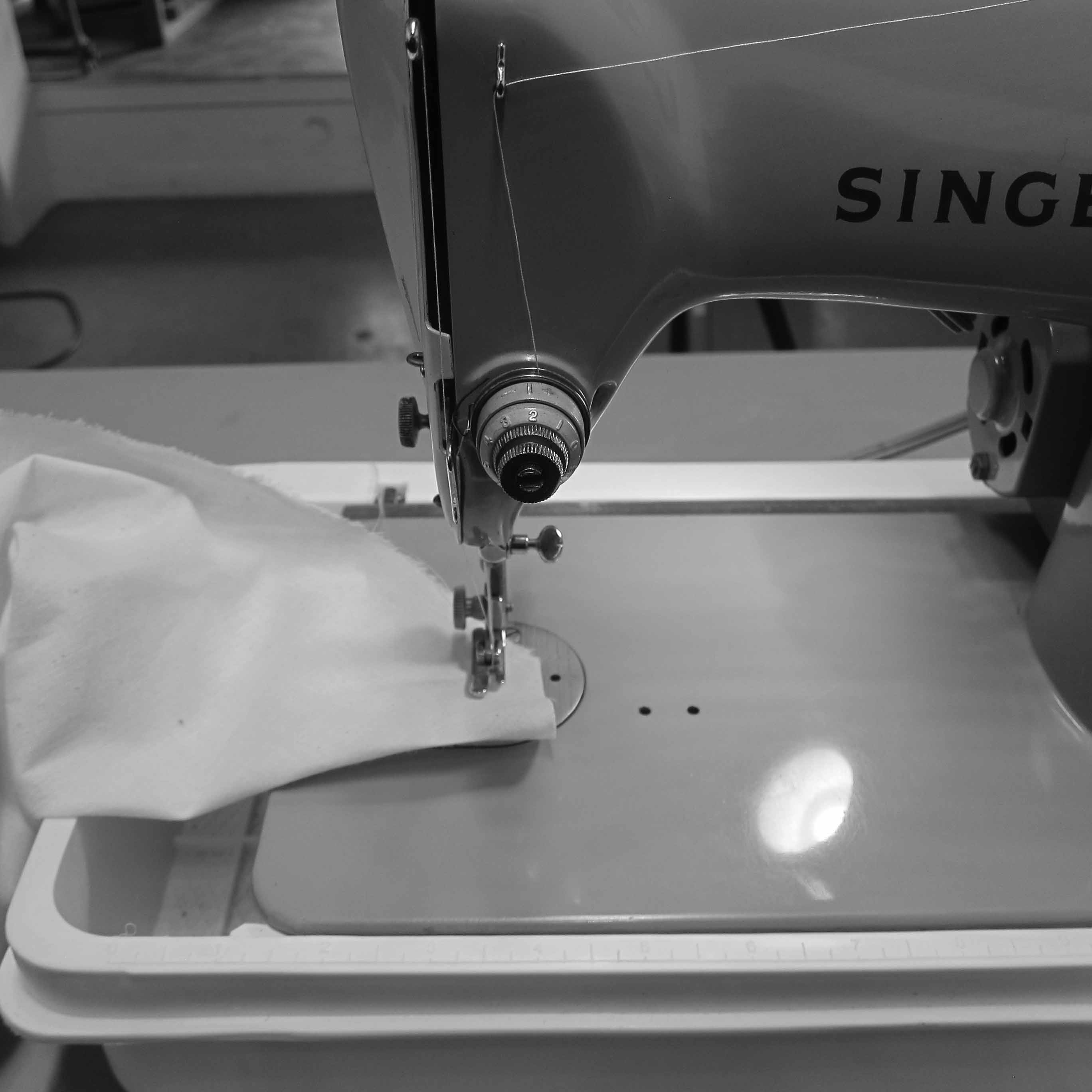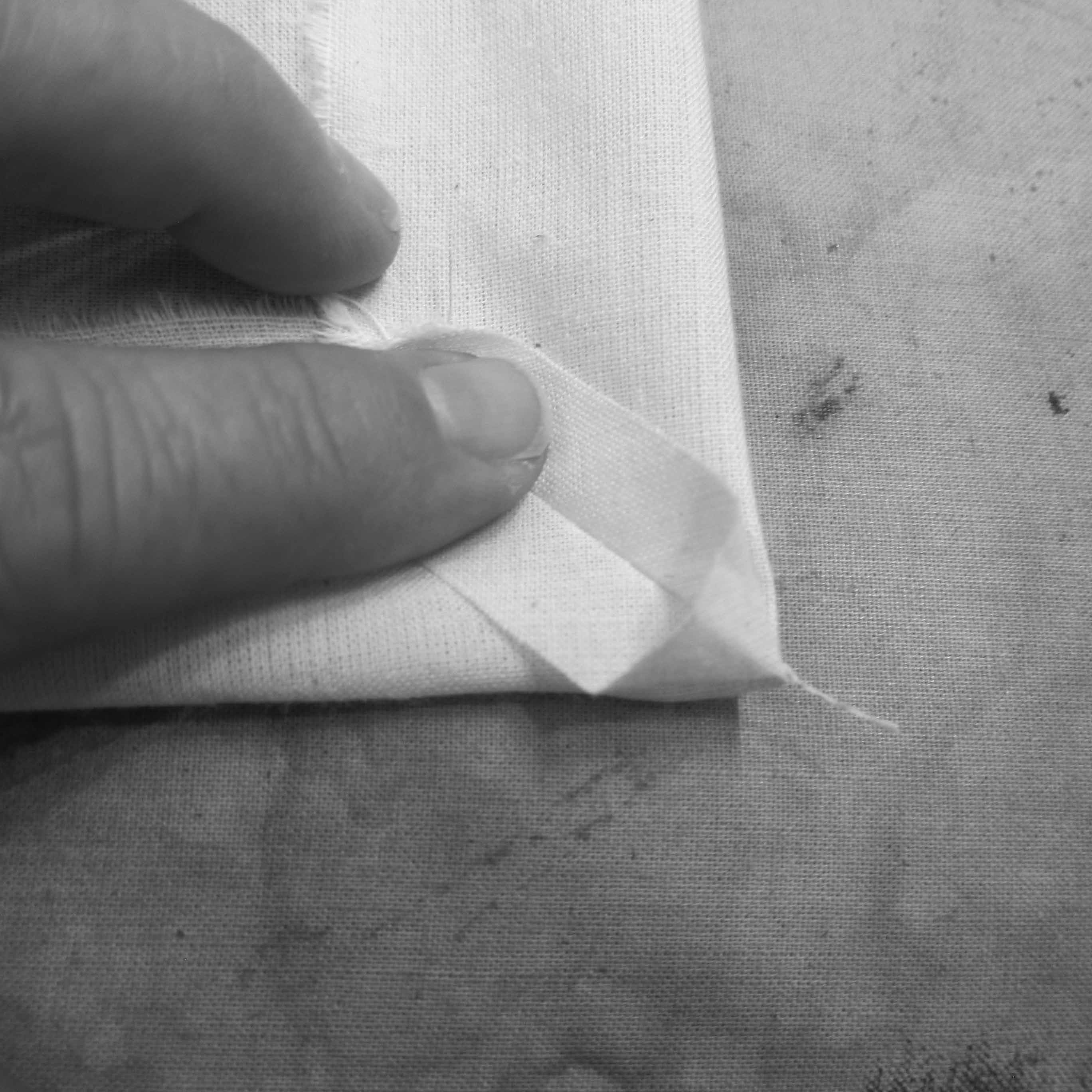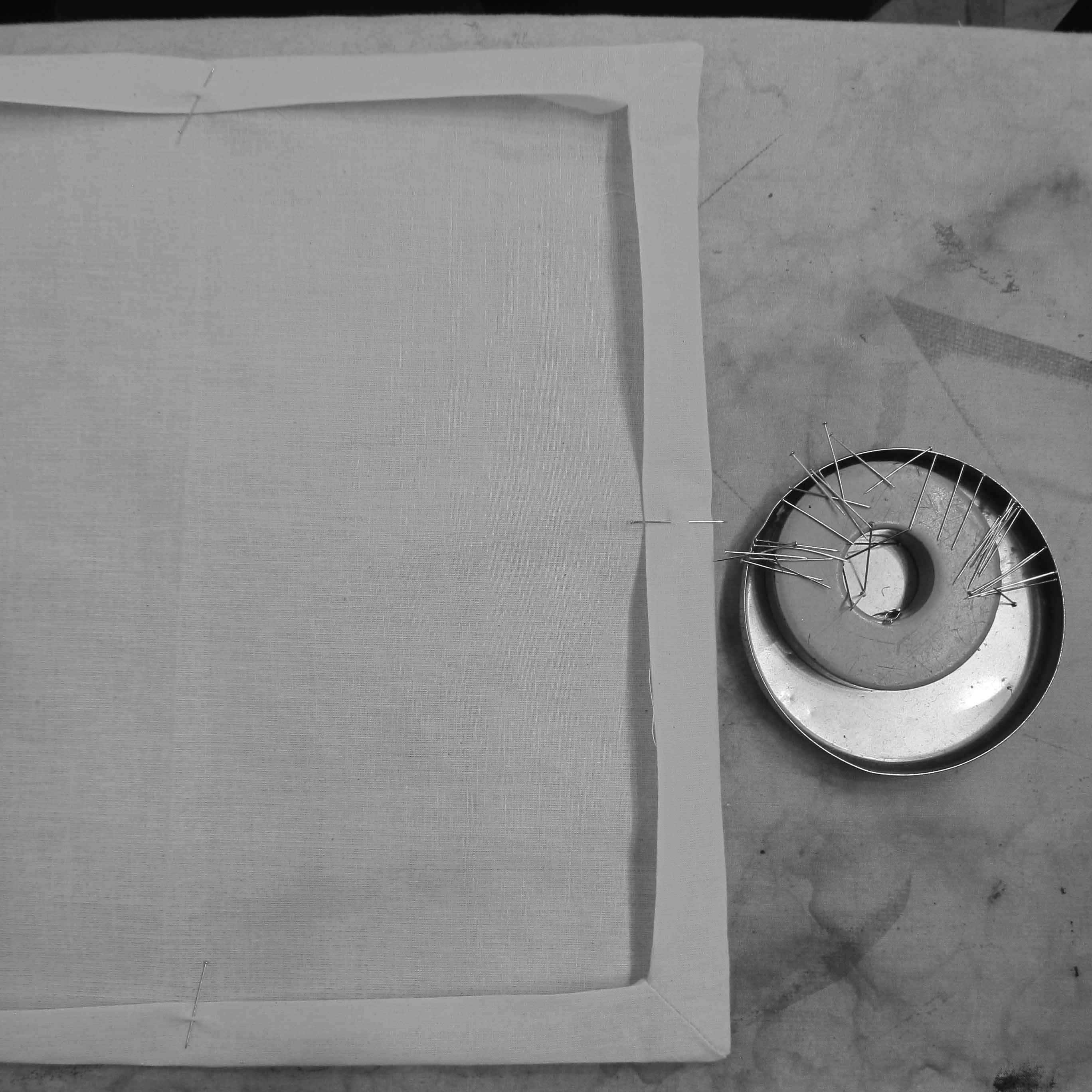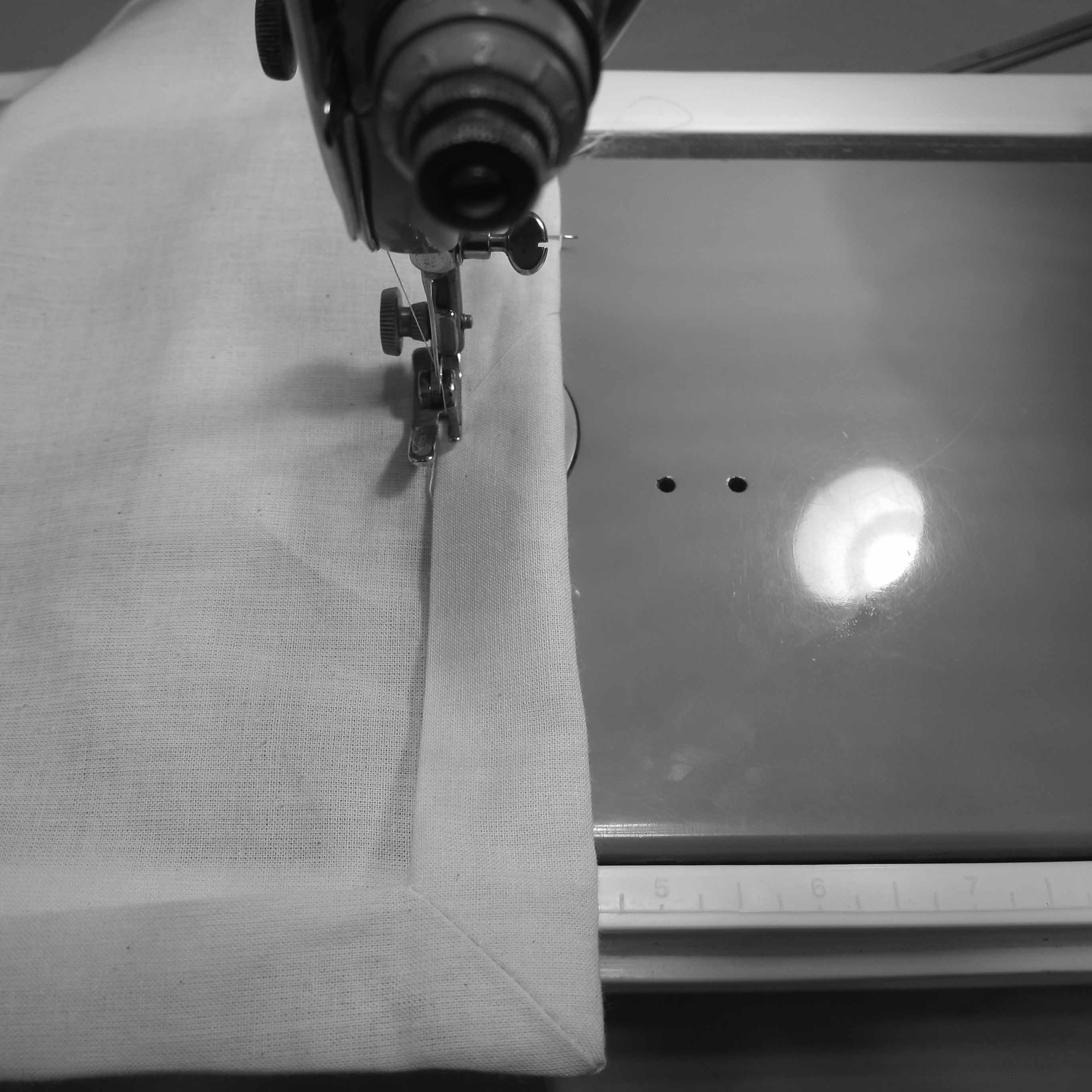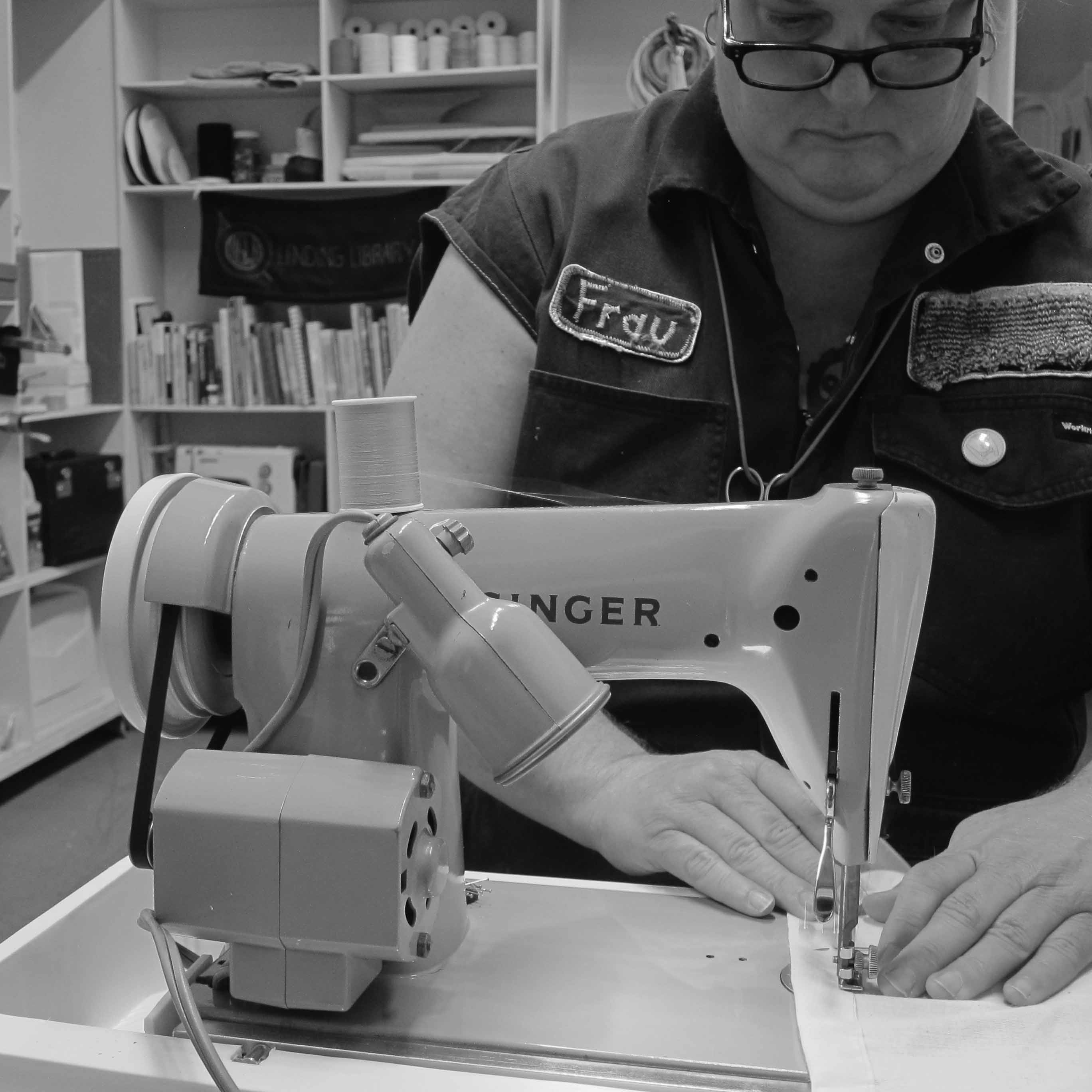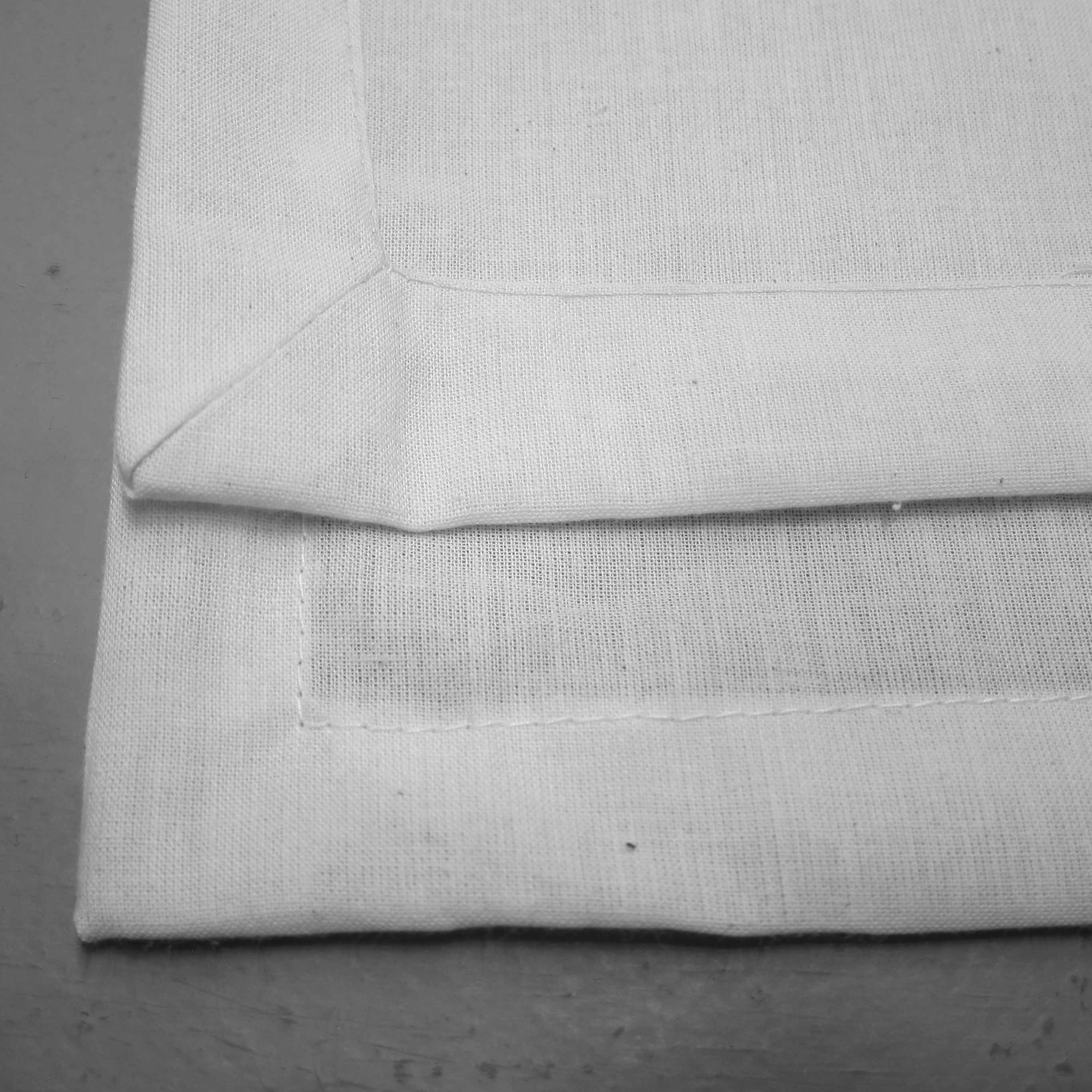Today’s show had some technical difficulties. Decided to post the script, and links to various materials and songs. Enjoy.
This is Talk Labor with Frau Fiber, streaming Kchung.org, 1870 am
Music
Ewan MacColl Fourpence a day https://www.youtube.com/watch?v=k_88IotgM8U 1.15
Stewart Cameron – The Grinding Machine 3.56 https://www.youtube.com/watch?v=SQmWwm93iw
Labor report
At the conclusion of 2016, the U.S. labor market is in its best shape since the recession, with nearly every measure of the market at its most favorable level.
Favorable for whom?
At the same time, economic confidence? has improved slightly in recent years,
people are holding on to their money, and not shopping, but they are not sewing either.
Concerns about the job market are widespread, and not just among Trump’s voters who want to bring back manufacturing jobs
hope they realize they might be getting third world wages to bring those jobs back
and we will watch the gig economy grow
and thus the end of work as we know it, no more benefits or paid holidays.
With the sustained and continued recovery, why do job-market worries persist?
Because the jobs are low pay? And the cost of living continues to rise?
The labor department says, recent data isn’t as good as it first appears. Plus, the overall U.S. numbers hide big differences across industries, regions, and demographic groups, some of whom are faring badly.
No surprise there let’s hide the bad news, but people living on minimum wage know what’s going on.
And finally, now that the labor market is far from the acute crisis of the recession, the market’s chronic conditions are easier to see and perhaps more possible to address. Are
Chronic conditions under employeed collage graduates earning minium wage, or the unemployed who have left the work force entirely?
On the up side, thanks to years of job growth, the unemployment rate has fallen to 4.6%—its lowest level since August 2007.
People are working in the gig economy 12 hours a day, 6 to 7 days a week, to make just make the rent.
BUT payroll growth was much lower in 2016 than 2015,
which means workers are not getting raises.
Let’s reflect the job report and compare it to your own employment situation, how much do you have in your pocket, are you paying your bills, and is there anything left in bank? Or under the bed? It’s time to start drafting those letters, making those phone calls to Mr. Andrew Puzder, the next labor secretary, and let him know what you think. His address is: and phone number:
Music
Bus boys Minium wage https://www.youtube.com/watch?v=caEMj01XPCE 3.23
They might be giants, everything right is wrong again 2.20 https://www.youtube.com/watch?v=GH21QovdhZs&index=16&list=RD4zNoxjUUyec
Fifth Harmony Work from home 3.39 https://www.youtube.com/watch?v=5GL9JoH4Sws
Textile news
California has more than its share of official symbols: the state mineral is gold, it’s animal is the grizzly bear, and its state fossil the saber-toothed cat.
The California State Assembly added one more item to this list by passing a bill declaring denim its new state fabric. Sponsored by Democratic assembly member Marc Levine, the bill lays out a clear rationale for the declaration, starting with a definition of denim: “Denim is a sturdy cotton twill fabric [whose] history is interwoven with Californias history from the 1850s through today,” The bill suggests that it’s designed to celebrate the state’s cotton farmers, its textile producers, and its garment manufacturers.
The bill’s number, A.B. 501, betrays its true honoree: Levi Strauss. California is declaring Levi’s its state company, one of California’s iconic institutions, which no longer makes clothes in the Golden State—and it never sourced its denim here. California’s history with denim is very real, but the fabric isn’t really a part of the state’s present, despite its growing micro-industry of high-end jeans. 1.56
Denim Consider the source 12.32 https://www.youtube.com/watch?v=CAKAe-GhA70
Neil Diamond Forever in blue jeans 3.31 https://www.youtube.com/watch?v=zdX81S4iWmo&list=PL0msuI7SJDFd-hG78LZ-IOMA98dTha35d
American Eagle Denim song 2.43 https://www.youtube.com/watch?v=o1K0OHW8OJ8
Denim: the music video 5.00 https://www.youtube.com/watch?v=PZcBzTdUlYM
Looking back
On this day in 1912 in the dead of a Massachusetts winter, the great Lawrence Textile Strike began—commonly referred to as the “Bread and Roses” strike. Accounts differ as to whether a woman striker actually held a sign that read “We Want Bread and We Want Roses.” No matter where it came from It’s a wonderful phrase, as appropriate for the Lawrence strikers and for the Los Angeles Garment Workers today: the notion that, in addition basic necessities, people should have “a sharing of life’s glories,” as James Oppenheim put it in his poem “Bread and Roses.”
Though over 100 years have passed, the Lawrence strike resonates as one of the most important in the history of the United States. Like many labor conflicts of the 19th and early 20th centuries, the strike was marked by obscene disparities in wealth and power, open collusion between the state and business owners, large scale violence against unarmed strikers, and great ingenuity and solidarity on the part of workers. In important ways the strike was also unique. It was the first large-scale industrial strike, and overwhelming a majority of the strikers were immigrants, women and children, and the strike was guided in large part by the revolutionary strategy and vision of the Industrial Workers of the World (IWW).
Beyond its historical significance, elements of this massive textile strike may be instructive to building a much needed radical working class movement today. Some philosophical and strategic characteristics of the stike we can refer to are: direct action, the prominent role of women, the centrality of class, participatory decision-making, egalitarianism, an authentic belief in the Wobbly principle that We Are All Leaders.
Joan Baez, bread and roses 2.40 https://www.youtube.com/watch?v=LWkVcaAGCi0
Jack White – Sittin on top of the world 3.44 https://www.youtube.com/watch?v=oXeT7zYkZAM&list=PL7B57E6B1D4B1D3E7
Sponsorship Talk Labor is sponsored ILGWU Institute 4 Labor Generosity Workers and Uniforms, 322 Elm Ave. LB
January events
Mend America:
Presented by MADE by Millworks, and the Institute 4 Labor Generosity Workers & Uniforms January 6-February 4, 2017. Mend America is an occupation that animates the my Mend America Pledge by “crafting spaces where all people are welcome”. The exhibition features work by my me the Faux Fraus, Lauren Becker, Elise Bernal, Krista Feld, Steven Front, Judith Moman, and special guests. This gathering of textile objects, installations, and “Peace Werk* Events”, tie together ideas of mending, self-care, volunteerism, home, and memory. Making space for, collaborating, engaging, conversation, and remaining vigilant and responsive citizens in this post-fact Trump environment.
Upcoming Free PEACE WERK EVENTS:
Mend America Inauguration day activities: Mend America official communication. In the wake of the election and inauguration of President Trump, I will instigate a four-year campaign of producing patches and writing letters to government officials, stating her growing concerns for America. You are invited to come and make your own patches and stating your concerns. Political Theory with Faux Frau Jam. FF Jam has a long history as a performance artists, including a stint as a licensed attorney for the state of Massachusetts. The last hour of inauguration day activities Faux Frau Jam will share some of America’s past political Brouhahas and discuss a few pieces of our political machinery that hold opportunities for resilience and resistance.
Friday, January 20, 12- 6 pm
Sewing Rebellion Good not Goods the Sewing Rebellion is committed to providing equipment and knowledge to make do and mend, this year the Sewing Rebellion will look back at the history of labor and protest, as a model for how to be vigilant participants today. In January, participates will also learn practical applications for making body banners, so you can wear your voice.
Saturday January 14, 12-4 pm The Center
Sunday January 15, 5-9 pm ILGWU
SR Brunch @ Thank You For Coming Saturday Jan 28, 11 am – 3 pm
If you are interested in becoming a FF and starting your own SR email me @ Fraufiber@gmail.com
Eco Sessions EcoSessions : Innovations in Textiles
January 12, 2017
7:00 – 9:00 pm (PST)
This EcoSessions will gather leaders in the latest in ‘smart textiles’ to discuss how technology, innovation and socially responsible approaches can foster a more sustainable future in the fashion industry. Tickets are $20 for general and $10 for students. https://innovations-textiles-la.eventbrite.com
Malvina Reynolds, I don’t mind failing 4.31 https://www.youtube.com/watch?v=MJ60n_-BK6Q
Nina Samone, Ain’t got no, I got life 4.07 https://www.youtube.com/watch?v=L5jI9I03q8E
Phil Oachs love me I’m a liberal 4.40 https://www.youtube.com/watch?v=u52Oz-54VYw
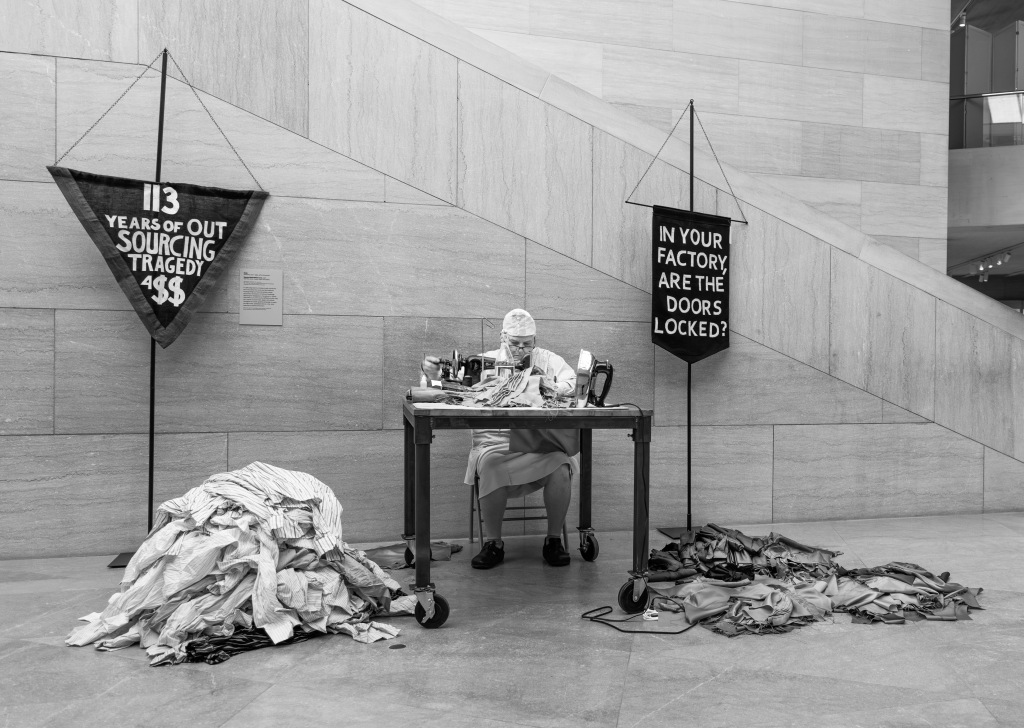

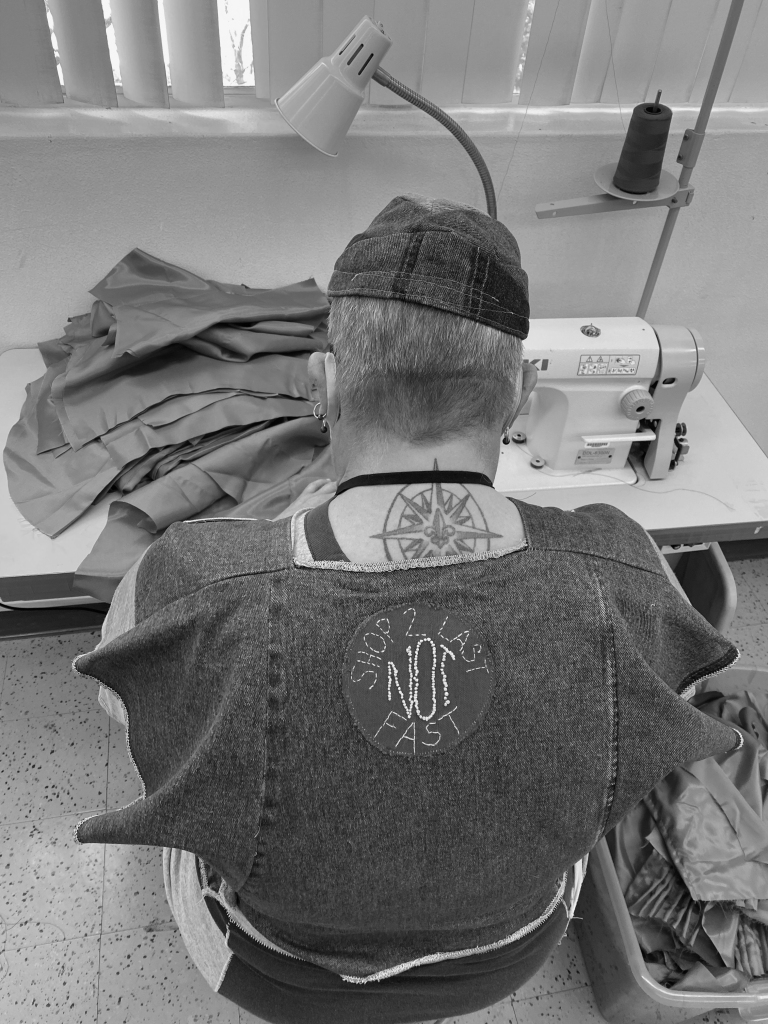
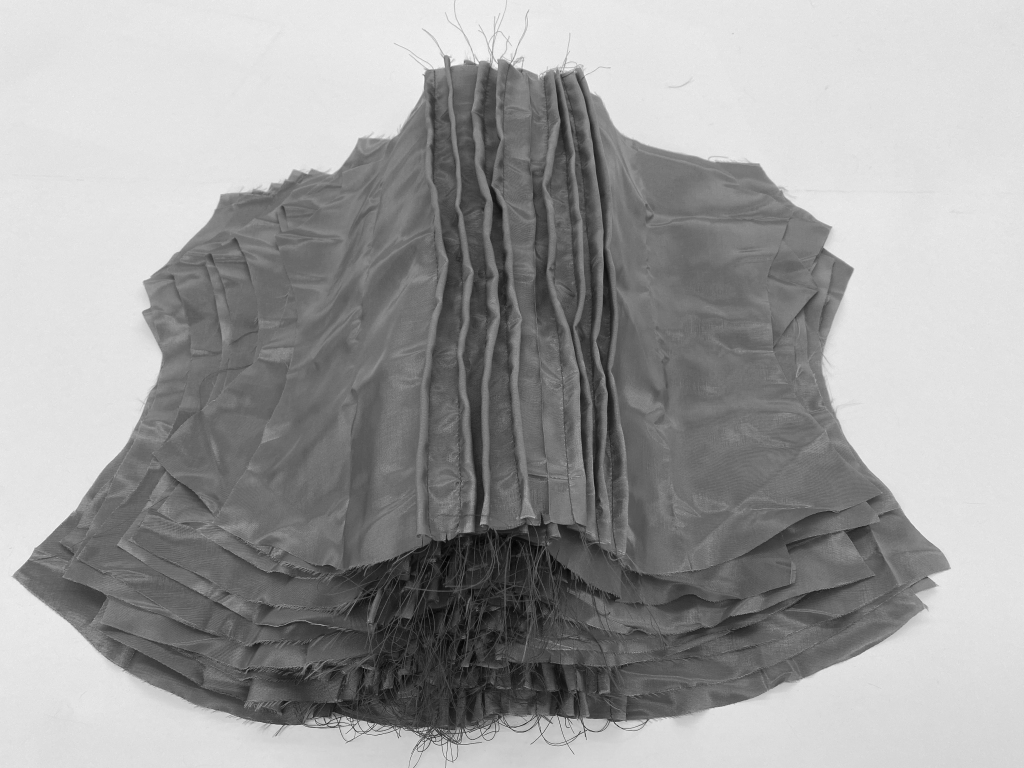

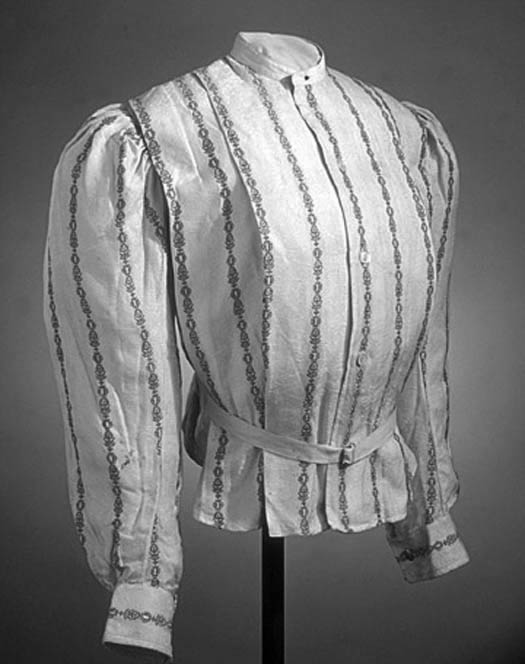
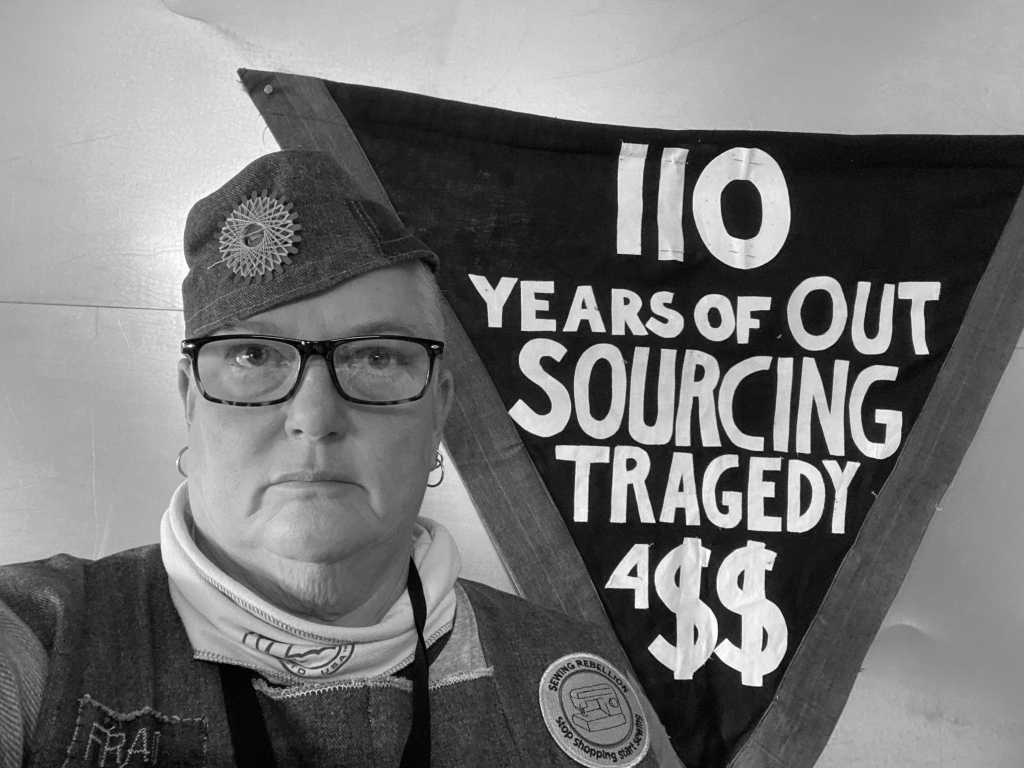
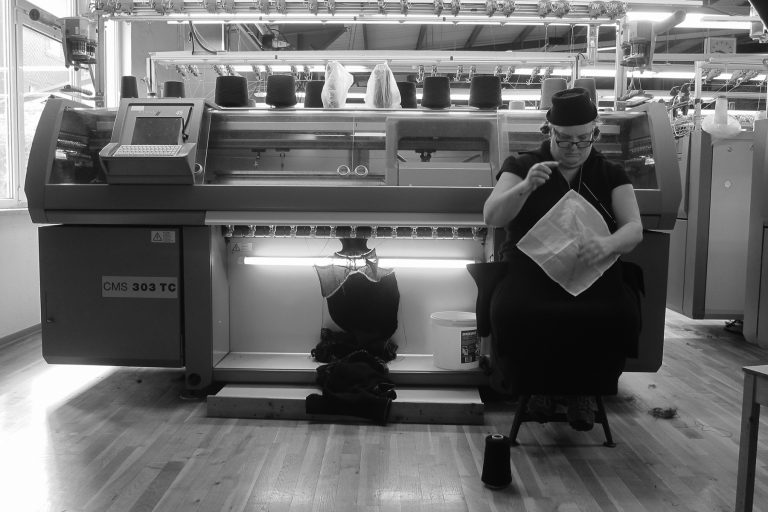 Tailor Made a pop-up shop, where I offer my services for mending, alterations and tailoring to the public. Bring your items and the cost will be determined with a spin of the Wheel of Wages* plus the cost of materials needed.
Tailor Made a pop-up shop, where I offer my services for mending, alterations and tailoring to the public. Bring your items and the cost will be determined with a spin of the Wheel of Wages* plus the cost of materials needed.